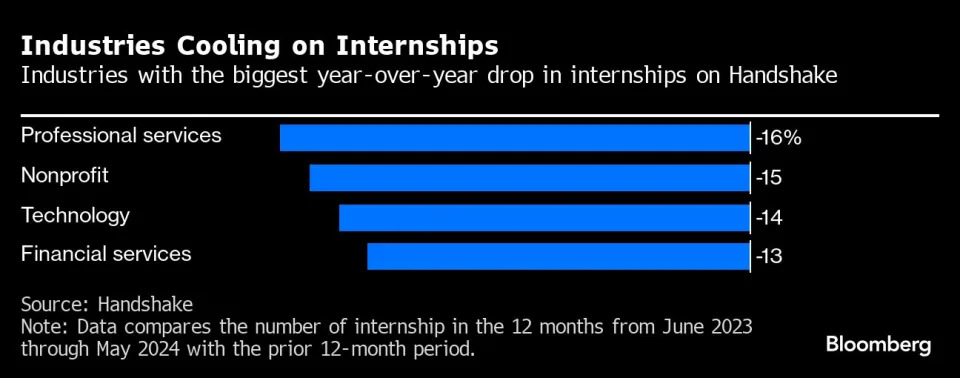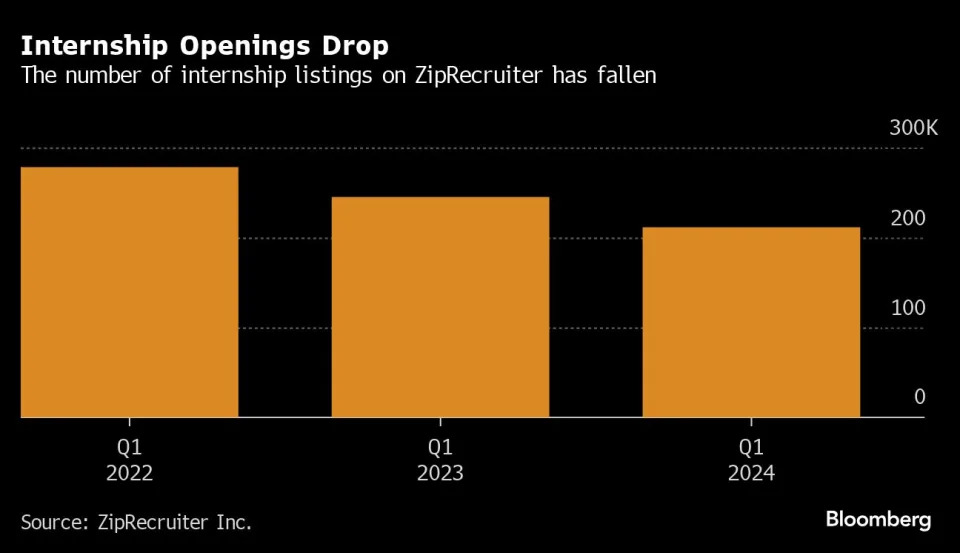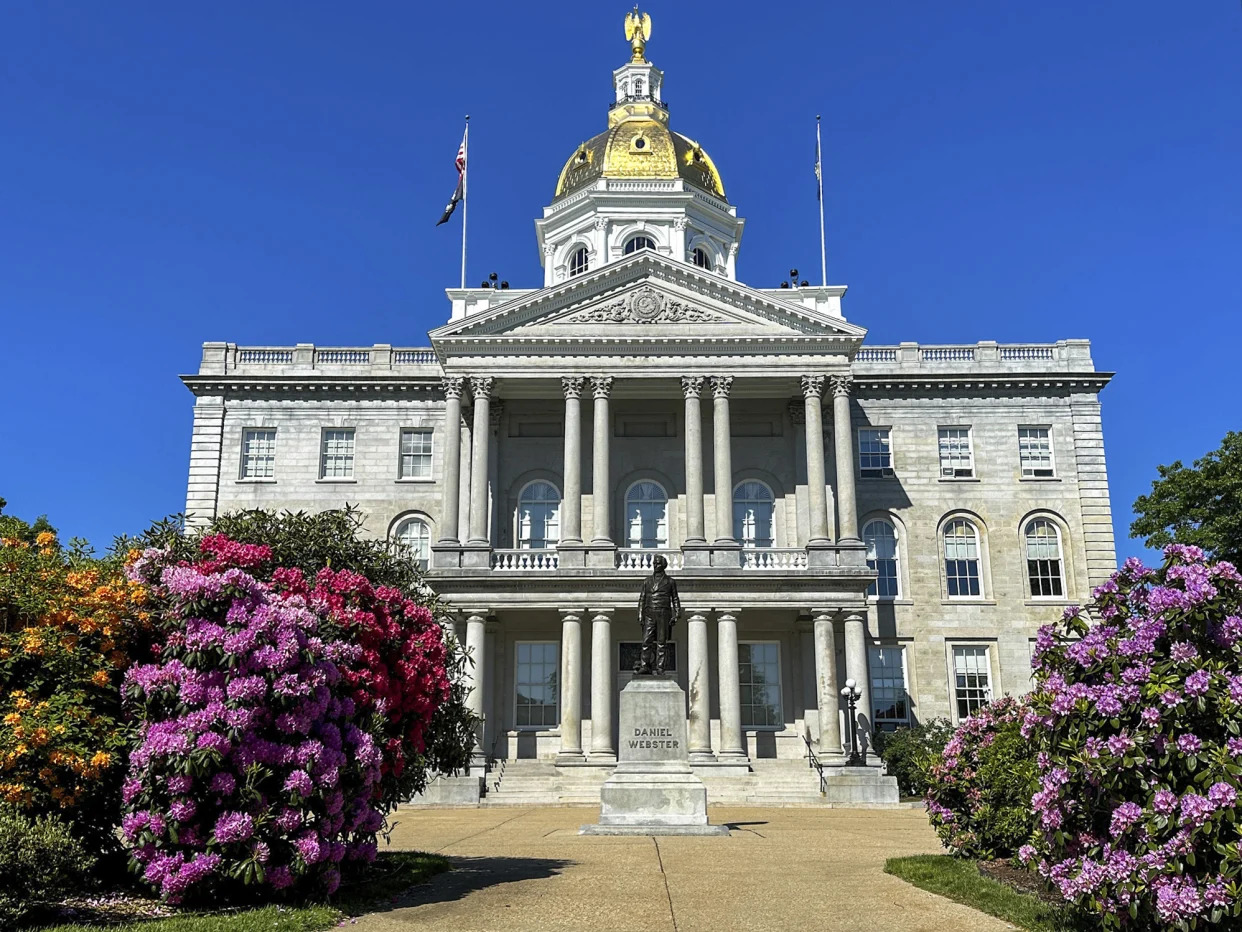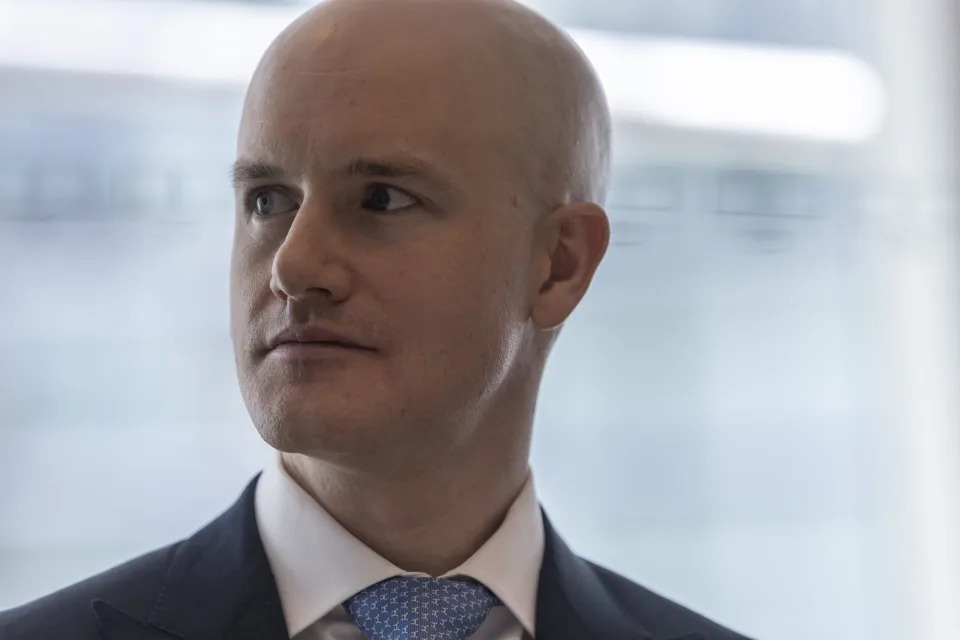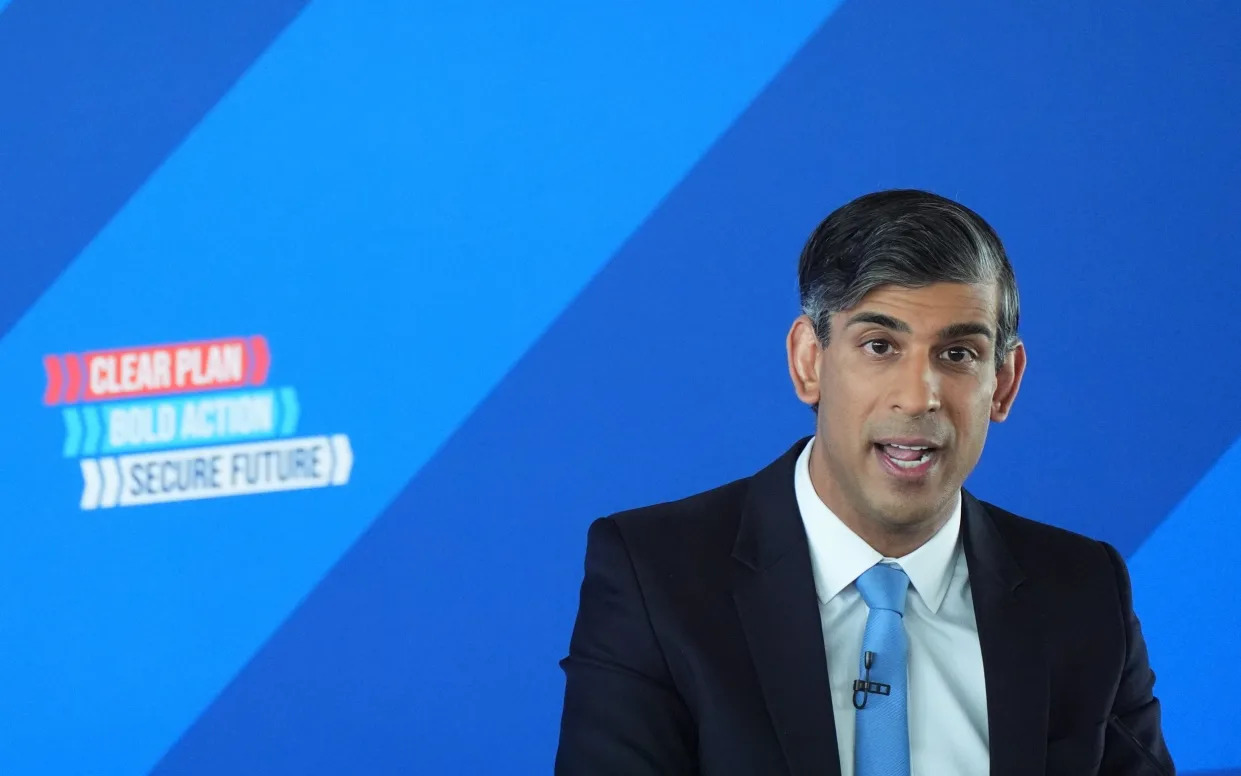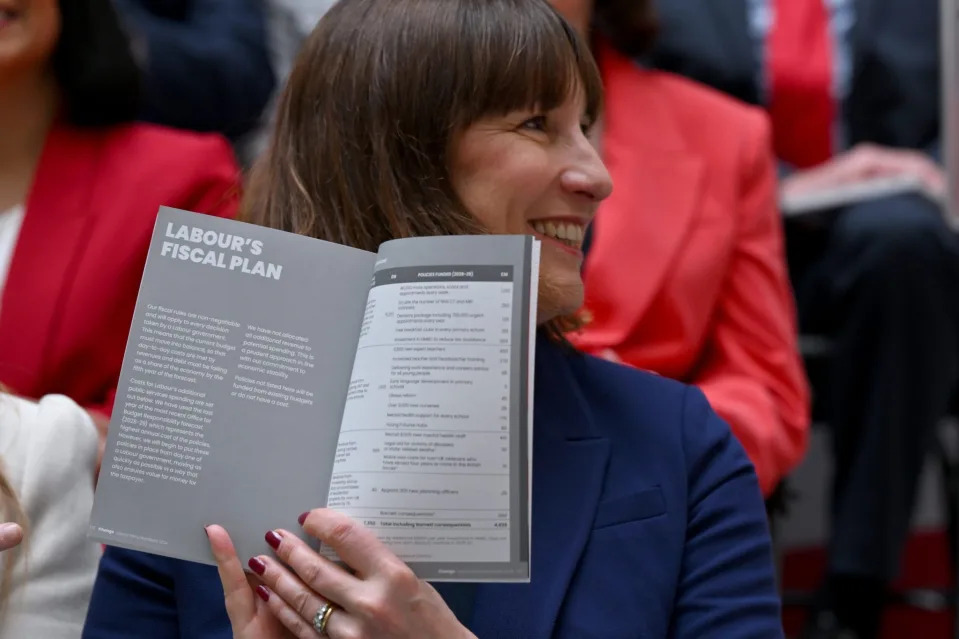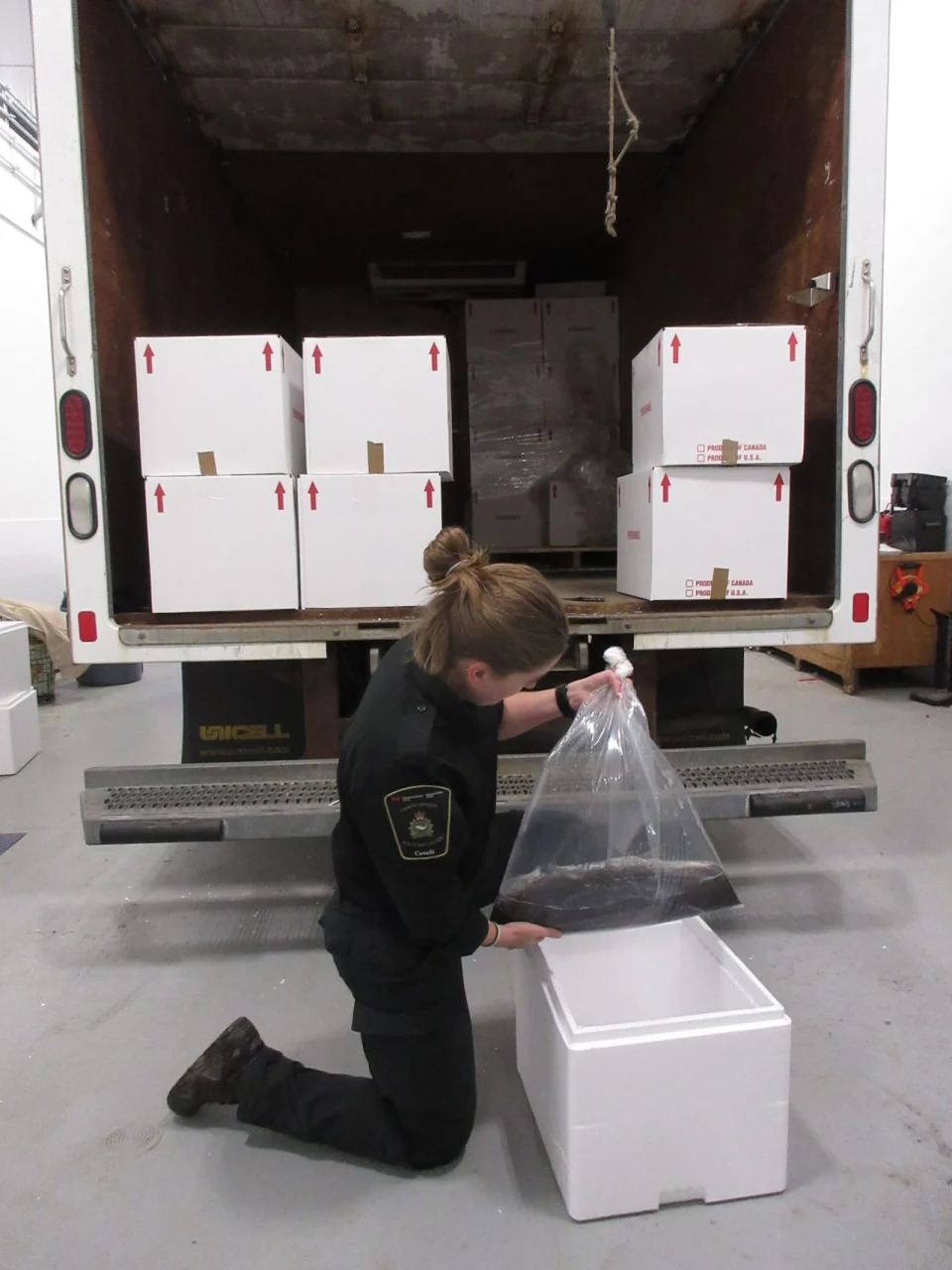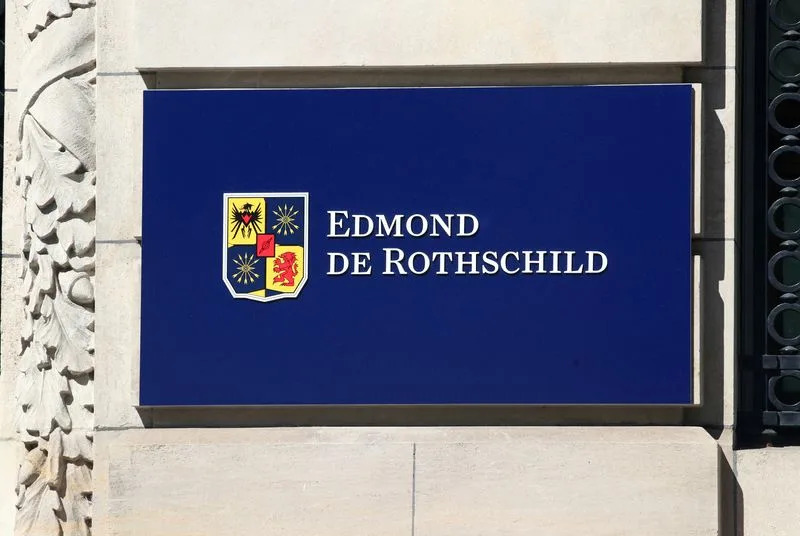DR. MICHELLE MARCH and DR. SEJAL PAREKH
Thu, 13 June 2024
Firearms are the leading cause of death in the United States for children aged 0-19 years, with the Centers for Disease Control and Prevention reporting over 4,700 pediatric gun-related deaths in 2021.
Many of those deaths are unintentional.
A new study published by the CDC described how often guns are stored in different U.S. states. Up to 43% of households store loaded guns, which is not considered safe, while half of the households that store guns loaded with ammunition do not put them in locked containers, according to the study.
Loaded guns that are not locked can be easy for children to find and accidentally fire.
Households from eight states were surveyed for this high-quality report; including Alaska, California, Minnesota, Nevada, New Mexico, North Carolina, Ohio and Oklahoma. The percentage of households who had guns and stored guns securely varied widely between states.

PHOTO: Stock photo of a gun improperly stored. (Alan Majchrowicz/Getty Images)
North Carolina, Oklahoma, and Nevada had the highest rates of households storing loaded guns, the report said.
Pediatricians and advocates say one simple strategy could dramatically reduce the number of children who are killed: Secure firearm storage.
This means storing a firearm locked, unloaded and with the ammunition stored separately from the firearm. Though it sounds simple, there are a range of options for storing your gun securely at home.
Options include cable locks, lock boxes, trigger locks and gun safes. Most can be found for purchase on large retail websites, such as Amazon, or through stores like The Home Depot or Dick's Sporting Goods.
"It really comes down to what does the family want or need," Dr. Sandra McKay, an associate professor of pediatrics at UTHealth Houston and nonresident fellow at the Baker Institute for Public Policy at Rice University, told ABC News.
The bottom line is too many children are in harm's way, according to McKay.
This sentiment was also shared by Dr. Eric Sigel, a pediatrician, adolescent medicine specialist, and co-chair of the American Academy of Pediatrics' Firearm Injury Prevention Special Interest Group who highlighted a recent study estimating that 1 in 3 middle and high schoolers have access to a firearm.
Through statistical modeling, another study calculated that if 20% of parents changed their current storage practices to storing firearms unloaded and with the ammunition locked away separately "there would be an estimated decrease of up to 122 pediatric firearm-related fatalities and 201 injuries annually."
Four common types of secure storage devices include:
Cable locks:
Like a bike lock, but for a firearm. A cable lock is a flexible cable that loops through an empty firearm, making it impossible to load or fire. These range in price from $5-50 and are oftentimes available for free through both local and national community organizations.
Lock boxes:
Smaller, portable versions of a gun safe. A lock box is made of metal or durable plastic. It has a lock on it to keep it shut. They are perfect for storing a single gun to make sure it's secure but available for quick access. They cost between $25-$350.
Trigger locks:
Trigger locks fit over the trigger mechanism of a firearm to keep it from being pulled. They are small and compatible with most firearms, but not as safe as other options because a firearm can still be loaded with a trigger lock in place. And, if not put on correctly, a loaded firearm may accidentally fire. These cost between $10-$50.
Gun safes and cabinets:
Large, heavy safes that can store multiple guns, including rifles and shotguns. Made of tough metal, they have electronic or mechanical locks. Gun safes are one of the most secure places to store guns, but they are also the most expensive starting at $500.
"There are a lot of different places that families can go to learn about these various devices. I think one of the secret gems out there are going to your [Gun] Range Safety Officers," said McKay. Other resources include Hunter Safety Training, gun shops, and local law enforcement agencies.
Outside of the home, McKay and Sigel encourage parents to discuss secure firearm storage with healthcare providers, family members, friends, and neighbors. McKay recommends using neutral language that emphasizes child safety, similar to how one would address food allergies, pool access and pets.
Michelle March, MD, MPH, MEd is a general pediatrics research fellow at Cincinnati Children's Hospital Medical Center and a member of the ABC News Medical Unit. Sejal Parekh, MD is a practicing pediatrician and a member of the ABC News Medical Unit.
New study shows up to 43% of US households are not storing guns securely originally appeared on abcnews.go.com


